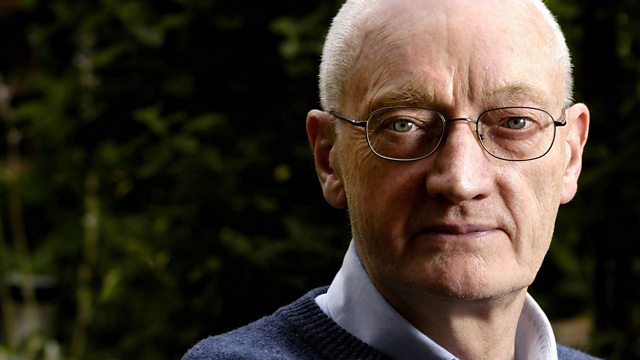Looking Back
Looking back after a long life, we may feel regret at things we have done. Bishop Richard Holloway suggests it is important to learn how to forgive ourselves as well as others.
Bishop Richard Holloway, with the aid of great poets and writers, looks back on his life now that he has passed his allotted three score years and ten and wonders what his decreasing future holds and how best to cope with it.
He decides that, despite his apparent control of his own life and everything he has been taught about free will, we must start by acknowledging that, to a great extent, our lives were propelled by factors that were never under our control. We didn't choose our parents, and they didn't choose their parents, nor anything else in the history that formed us into the kind of person we were revealed to be.
Richard recalls his thoughts sitting at the bedside of many people as death approached and he watched them being eaten up with regret because they had not made more of their lives, and now it was too late. Wrong roads taken, right roads not taken, relationships broken and still unrepaired, and troubled children who blamed them for their own failures. Regret can be the saddest part of ageing and it can add an extra burden to what is already a difficult time.
There's no delete or rewind button in a human life, though we often wish there were. That's what we said. That's what we did. That's the kind of person we were.
But, he concludes, the remedy for irreversibility is the capacity to forgive and to be forgiven. And it has to include the hardest kind of forgiveness - self-forgiveness.
A Butterfly Wings production for Βι¶ΉΤΌΕΔ Radio 4.
Last on
Broadcast
- Mon 18 Jan 2016 13:45Βι¶ΉΤΌΕΔ Radio 4

